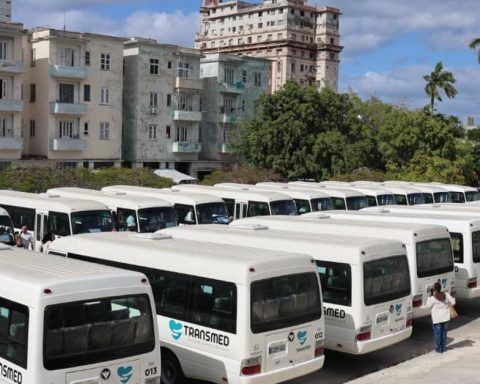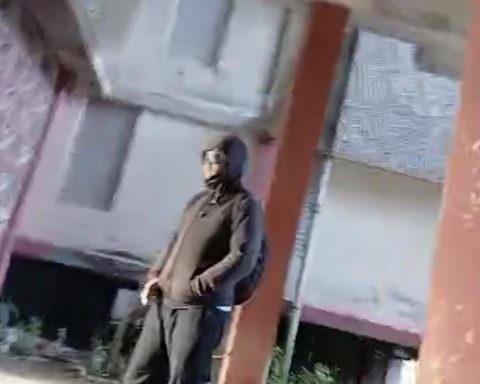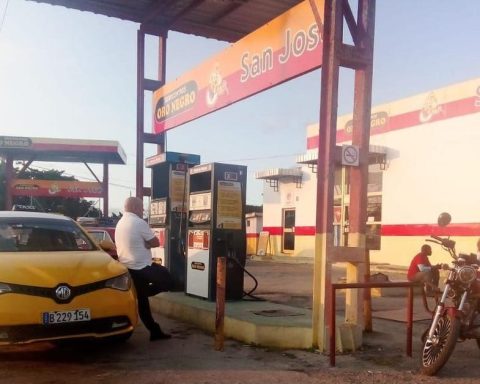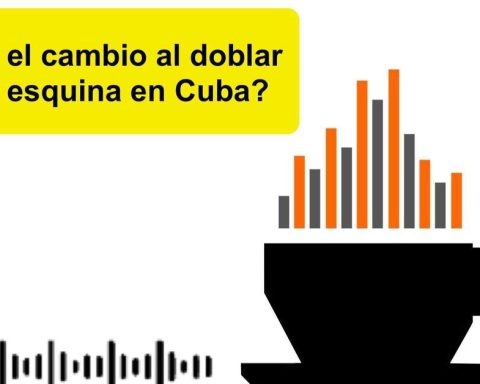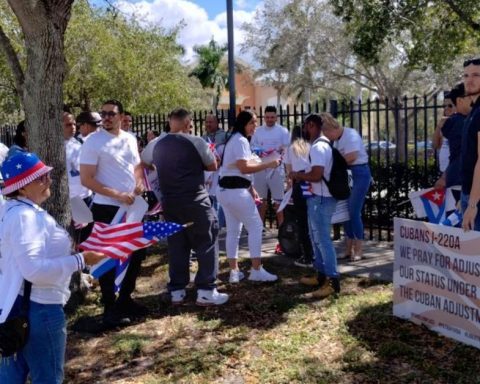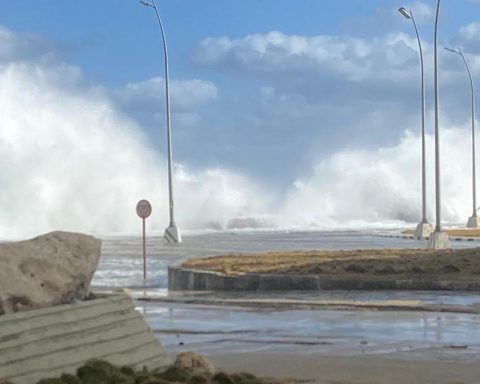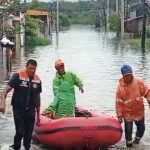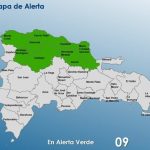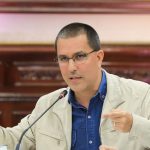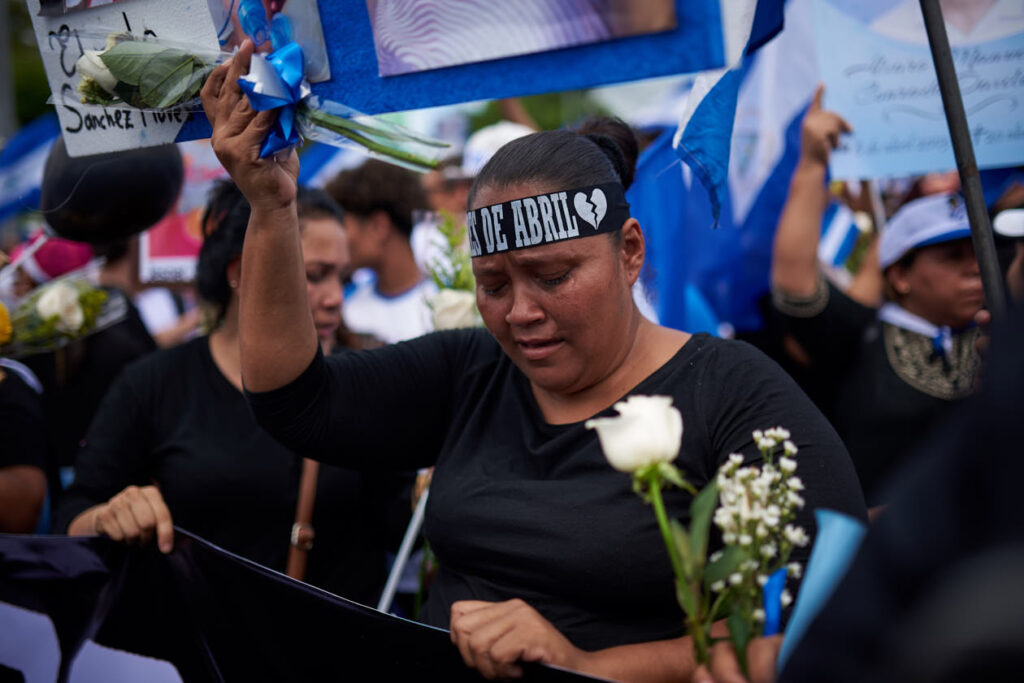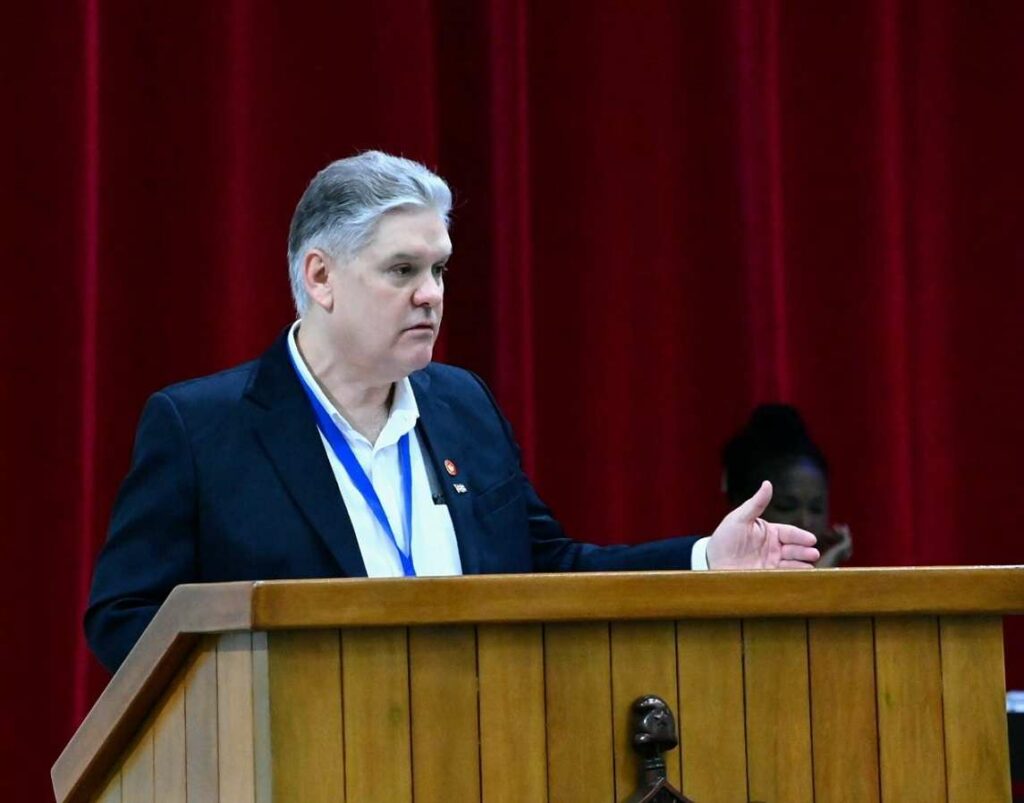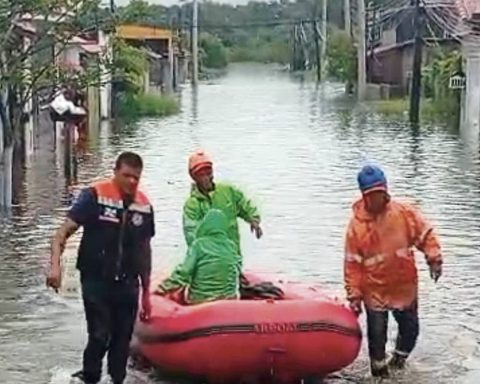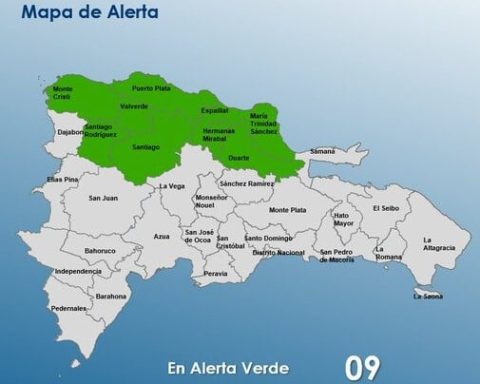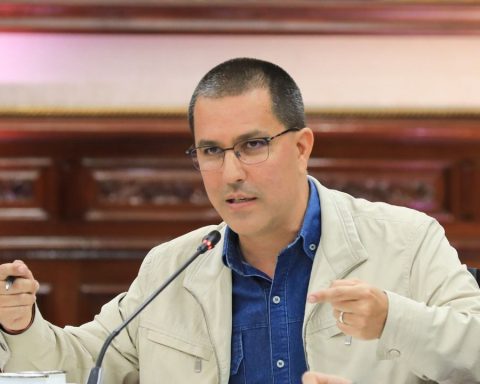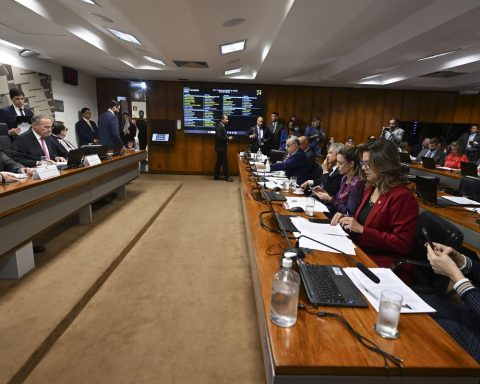Josep Borrell’s first public event in Havana was a meeting with Cuban entrepreneurs at Estudio 50, on Lugareño street. The high representative of the European Union (EU) for Foreign Affairs began a three-day visit to the Island on Thursday focused on strengthening bilateral economic and political ties.
“I want to greet you, the men and women of Cuba who have the courage and the ability to undertake,” said Borrell, who spoke to the representatives of the MSMEs a speech with “three messages”: the role of small and medium-sized companies in the economy of a nation, “the process of opening and modernization of the Cuban economy” and the importance of the Political Dialogue and Cooperation Agreement (ADPC) between the EU and Cuba.
Borrell predicted that the Island could become “the Mallorca of the Caribbean” and cataloged entrepreneurs as “the yeast” to make the Cuban economy grow. The MSMEs “They are a manifestation of a model of society, a model of society based on freedom,” he specified.
The diplomat, who recognized the serious economic crisis that the island is going through, stressed that the EU seeks to support micro, small and medium-sized private companies, legal in Cuba since September 2021.
Borrell assured that the EU wishes to “accompany the opening process” and “economic and social reforms” in Cuba, “based on mutual respect” and with the aim of contributing to “improving the lives of all Cubans.”
Borrell assured that the EU wishes to “accompany the opening process” and “economic and social reforms” in Cuba
In this sense, Borrell cited a community fund endowed with 14 million euros (about 15 million dollars) to “help (Cuban) businessmen to be better businessmen,” with training and advice. He also pointed out the EU’s willingness to cooperate with Cuban institutions to boost the economy, from the regulatory framework to financing.
On the agenda of the high representative of the EU in Havana this Thursday, only this public event has been known, although tomorrow, Friday, he is expected to participate in the meetings of the joint EU-Cuba council – which meets periodically, according to the Agreement on Political Dialogue and Cooperation (ADPC)– and hold a meeting with Cuban Foreign Minister Bruno Rodríguez.
No meeting with independent civil society organizations or relatives of political prisoners has been announced so far, although activists from the Cuban Center for Human Rights have released a list of 14 political prisoners who are on hunger strike in prisons. de la Isla, part of them arrested and prosecuted for participating in the popular protests of July 11, 2021.
Among the strikers is Maykel Puig Bergoña who is in a delicate state of health in the Quivicán prison, in Mayabeque. His wife, Saily Núñez, denounced that this Thursday her house woke up surrounded by a political police operation. “I have to suffer so much harassment, I think that if I were a common prisoner there would not be so many agents of State Security, Minint, PCC and accomplices, all harassing us,” she denounced on her social networks.
Several NGOs, including Amnesty International (AI) and Human Rights Watch (HRW), this week asked Borrell that human rights continue to be a priority in the EU’s policy towards Cuba.
Havana’s exclusively political support for Moscow in its invasion of Ukraine and the attempts by these two countries to strengthen their economic ties despite the sanctions that weigh on their economies is also an important issue.
Cuba is also important for the European bloc because this year it holds the temporary presidency of the Group of 77 and China (G77+China), the largest intergovernmental mechanism in the world, in which more than 130 developing countries cooperate.
________________________
Collaborate with our work:
The team of 14ymedio He is committed to doing serious journalism that reflects the reality of deep Cuba. Thank you for accompanying us on this long road. We invite you to continue supporting us, but this time becoming a member of our newspaper. Together we can continue transforming journalism in Cuba.

